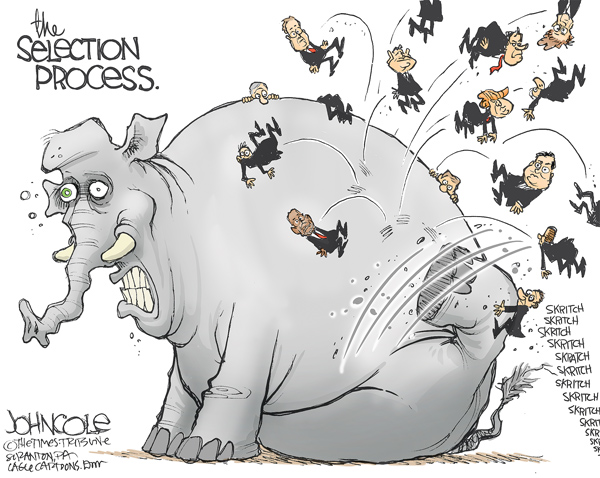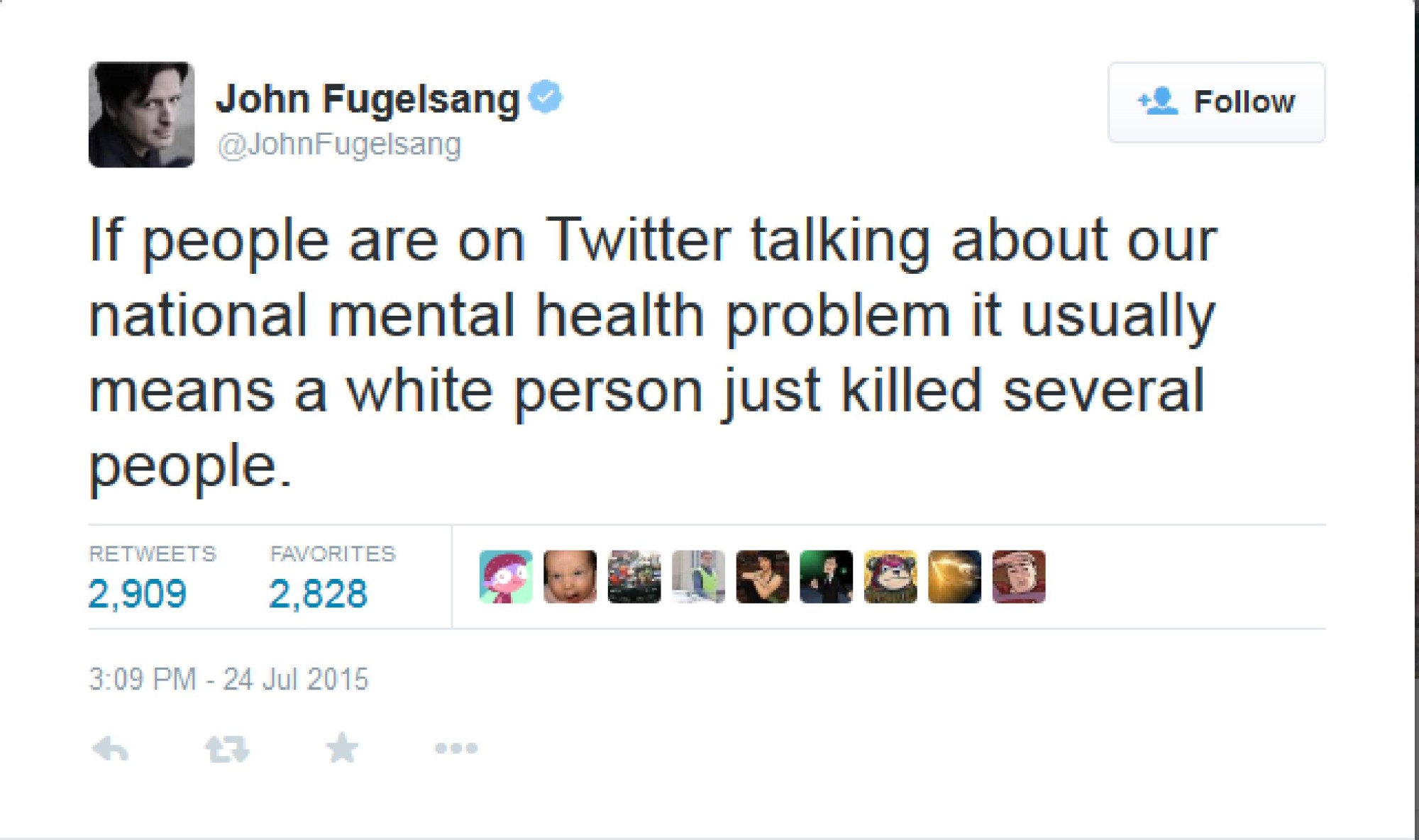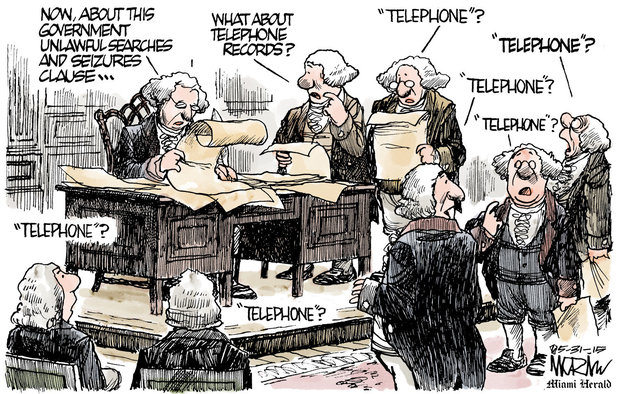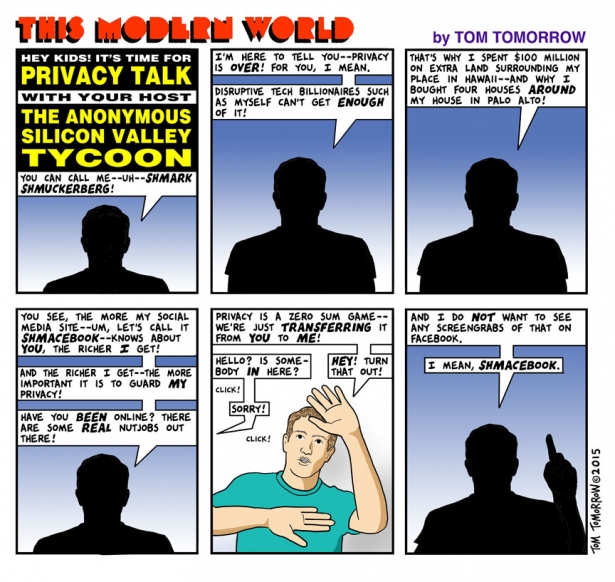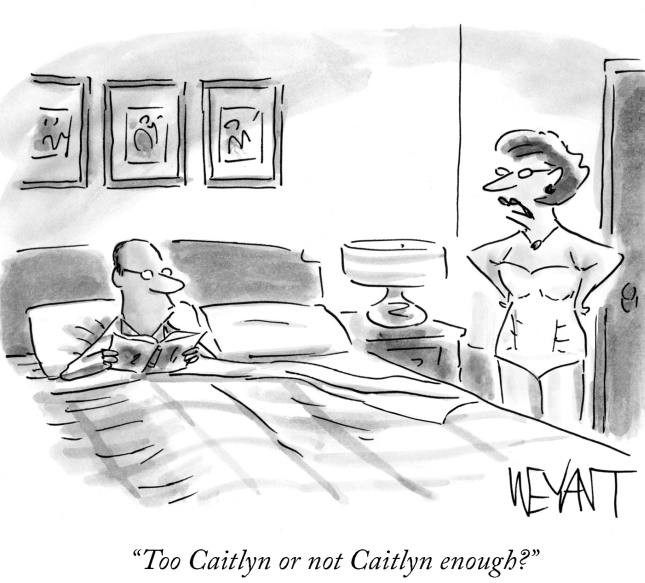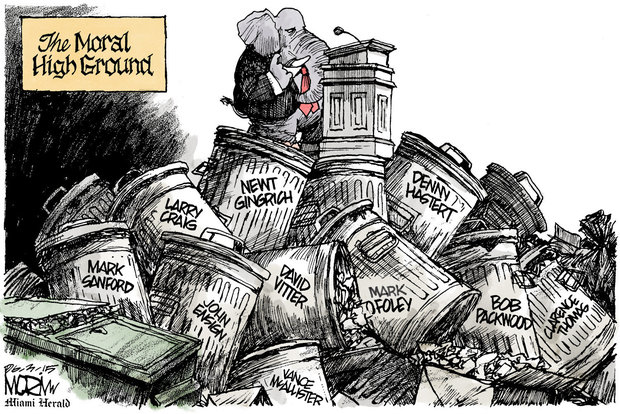Birthright Citizenship, or the common law concept of jus soli, is back in the news. This time, brought back by Donald Trump. One of his proposals is to stop automatically giving citizenship to most people born on US soil unless their parents are US citizens. Denying people Birthright Citizenship rights is something America hasn’t done since the days of slavery. The Republican concern is that too many illegal immigrants have a child in the US who is automatically an American citizen, and therefore, has the right to vote.
Most Republicans think, just like Rep. Steve King (R-IA), that Hispanics perpetrate a scheme to get a foothold in the country by coming here and having a child. King calls them “anchor babies”. In fact, the Republican plan would visit the sins of the parents on the children, assuming the children were born in the US.
And Trump isn’t alone. A large group of GOP candidates believe we should end Birthright Citizenship:
• Scott Walker has the same view
• Ohio Gov. John Kasich, during his run for governor in 2010 said that he supported ending Birthright Citizenship
• KY Sen. Rand Paul has pushed for a Constitutional amendment ending it
• NJ Gov. Chris Christie has said the issue needs to be re-examined
• Former PA Sen. Rick Santorum has also stated his support for altering the 14th Amendment
On Monday night, Louisiana Gov. Bobby Jindal tweeted:
We need to end birthright citizenship for illegal immigrants.
Wrongo’s favorite thing is that Bobby Jindal supports ending Birthright Citizenship, even though neither of his parents were US citizens when he was born.
SC Sen. Lindsey Graham, called for a change in the Constitution, because he believes immigrants will simply “drop and leave” their kids in this country. Just like Steve King!
The GOP’s target is the 14th Amendment, which grants everyone born in the US the right of citizenship. The Supreme Court’s ruling in the Dred Scott case declared that blacks, even the daughters and sons of freed slaves, were not US citizens. But, 11 years later, in 1868, the US ratified the 14th Amendment to the Constitution, making Birthright Citizenship a right. The first sentence reads:
All persons born or naturalized in the United States, and subject to the jurisdiction thereof, are citizens of the United States and of the State wherein they reside.
The Court later ruled in 1898, that a child born in the US to non-citizens was a citizen under the law. So the short version of today’s GOP pitch on eliminating birthright citizenship is:
We must enforce the immigration laws by violating the Constitution.
This means that a solid chunk of the Republican presidential field says that, while they revere the Constitution, they have little issue with distorting it, ignoring it, or shredding it in order to fit their political and ideological motives.
Consider the irony: The Republican Party accomplished something hugely enlightened and important with the 14th Amendment. Here is American Civil War historian Eric Foner:
The 14th amendment and birthright citizenship rank among the great and defining accomplishments of the Republican Party, back when it was the Party of Lincoln.
Yet today’s Republican Party wants to purge their historic accomplishment from the Constitution. The problem with this Republican immigration proposal is that it’s at core explicitly nativist, racist, and xenophobic. The Republican’s clear objective is to stave off the growing political power of Latino voters in the service of one particular political party.
Luckily, Constitutional amendments are very difficult to enact, and while this attempt is likely to fail, it could potentially send Latino voting through the roof.
The current crop of Republican presidential candidates show that the Republican Party of today is in no way related to the Republican Party of Lincoln. In fact, it is barely related to the Republican Party of Eisenhower.
If you had any doubt about the current crop of Republicans being a mutant version of the party, consider Ben Carson’s viewpoint on immigration:

Why not land mines? The only piece of common ground the current Republican Party has with the Party of Lincoln or Eisenhower is its name.
In fact, that should change. In 2015, we should call it the “New Republican Party,” since it fails to honor Lincoln’s, or even Eisenhower’s memory.







